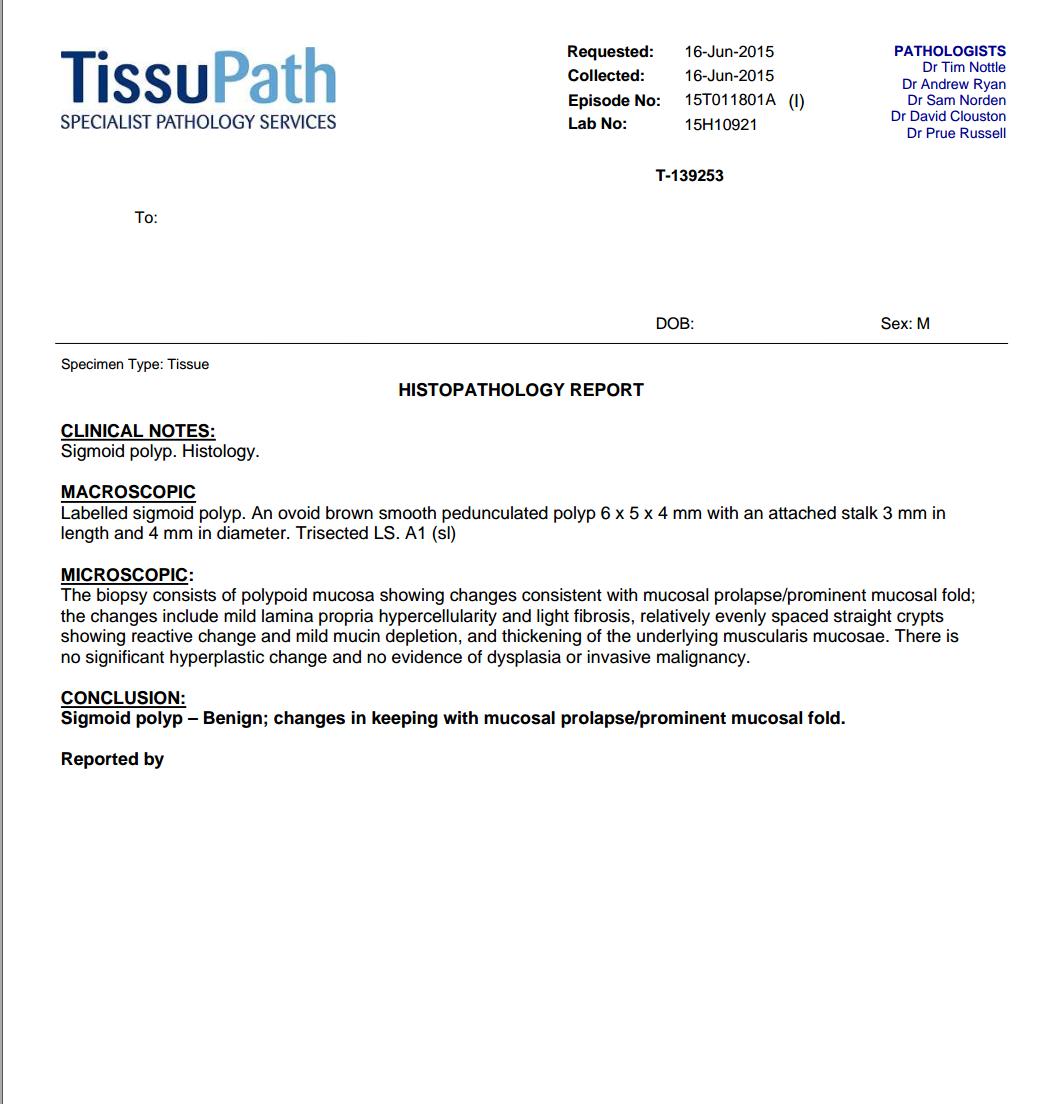Pathology FAQ
What is Pathology?
Pathology is the branch of medicine concerned with the study of the nature and causes of diseases. There are several branches of pathology including those involved in assessing patients tissue (anatomical pathology), blood and other bodily fluids (haematology, chemical pathology, immunopathology), infection (microbiology) and genetic material (genetic pathology). All the TissuPath pathologists are medical doctors who have undergone additional specialist training and examination and are accredited with The Royal College of Pathologists of Australasia (RCPA) as anatomical pathologists.
What does a Pathologist do?
The role of a pathologists is to document, assess and report on the tissue your doctor has removed during your procedure or operation. The main tool used by a pathologist is a microscope.
In order to assess tissue using a microscope, the tissue first needs to be chemically fixed and processed in a machine so that it can be cut into very thin sections (1/10th of an average human hair) and placed on a transparent glass slide. This process takes 12-24 hrs. The glass slides of the carefully selected tissue are then assessed by one of the TissuPath pathologists.
The final report that your specialist doctor (and often your GP) receives includes:
- documentation of the tissue removed
- a description of what the reporting pathologist could see down the microscope
- an overall diagnosis

